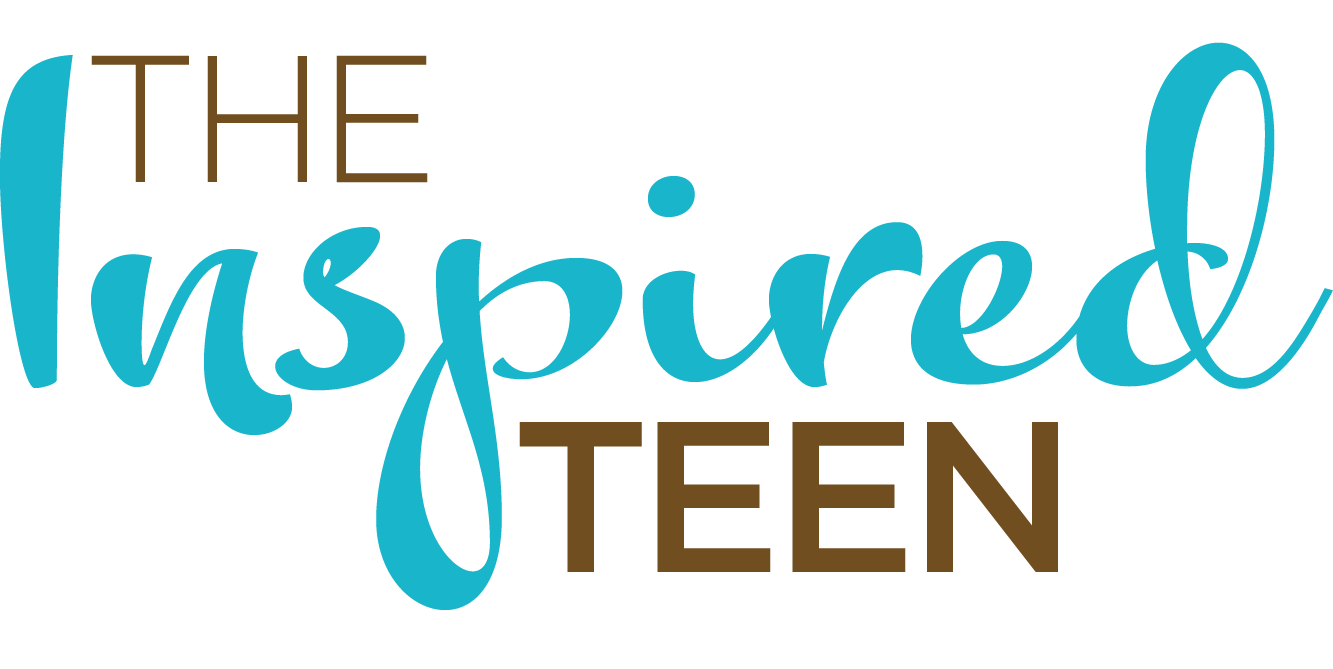April - Physical Health
Parent Resources
Teens and exercise: What Parents Need to Know by Mayo Clinic
A Month of Healthy Meals for Kids - some new meal ideas
How to Help Teens to Develop Healthy Habits? by Alis Behavioral Health
Parent Teen Night Ideas
Choose some recipes together and cook something.
Go shopping together.
This short ten-minute video talks about twelve things we can do to be healthier. After watching, discuss with your teen and pick one you are going to work on this upcoming week.
Do the below PDFs.
Create a healthier routine you can do together.
Top 10 Morning Exercises To Do At Home - Do an exercise video together, like this one.
Go on a walk or a hike.
Buy new larger water bottles (or find some buried in your cabinate) and create a goal/competition for the next two weeks.
Conversation Starters
“How do you feel about your physical health?”
Tell them about something you are doing to improve your health.
Share what you did when you were a teen to maintain your physical health.
“Why do you think it’s important to take care of our bodies?”
“What is one thing you would like to do to improve your physical health this year?”
“Is there anything I can do to support your health goals?”
“Are there any healthy snack options you would like me to buy or make?”
PDFs
Intentional Eating Conversation Prep Packet
This 17 page packet is designed to help you and your teen have better, deeper conversations about food. It includes some questions/talking points, an intuitive eating quiz, activities you can do together, tips for talking with teens, a hunger/fullness scale, and more!
A fun activity could be to print this out and look at it together, then have both of you google other cool facts about the body. You could also get a book from the library ahead of time to look at.
This handout discusses Maslow’s Hierarchy of needs. Taking care of our physical needs is first. Discuss with your teen why this is the case.
Things to watch out for:
1. Significant weight loss or gain without a clear reason. Rapid or unexplained changes in weight (especially when combined with changes in mood, energy, or eating habits) can signal eating disorders, hormonal imbalances, stress, or depression.
2. Ongoing fatigue or low energy. If your teen is always tired, even with enough sleep, it could be due to poor nutrition, sleep disorders, chronic stress, or underlying health conditions like anemia or thyroid issues.
3. Dramatic changes in sleep patterns. Some late nights are normal, but if your teen is sleeping way too much (e.g., 12+ hours regularly), struggling with insomnia, or completely flipped sleep cycles, it may point to emotional distress, anxiety, or even depression.
4. Avoidance of food or obsessive eating behaviors. Skipping meals, extreme dieting, bingeing, secretive eating, or excessive focus on “clean” or restricted eating can signal disordered eating or body image struggles.
5. Chronic headaches, stomachaches, or unexplained pain. These can be physical signs of emotional distress or anxiety, especially if medical causes have been ruled out. Teens often express stress through their bodies.
6. A sudden drop in physical activity or interest in movement. If your teen was once active and now avoids any kind of physical movement or sport without a clear reason, it may signal depression, fatigue, or social/emotional issues tied to body image or motivation.
7. Signs of self-harm, injuries, or poor hygiene. Cuts, burns, or bruises in hidden areas, frequent “accidents,” or a decline in personal hygiene can all point to emotional struggles that are showing up physically.
8. Frequent illness or weakened immune system. Stress and poor self-care can lower immunity. If your teen is constantly sick or getting run down, it may be worth looking into both physical and emotional health habits.
9. Refusal to see a doctor or talk about health concerns. If your teen seems anxious, ashamed, or defiant about discussing physical issues (or avoids medical care altogether) it may signal something deeper going on emotionally or behaviorally.

